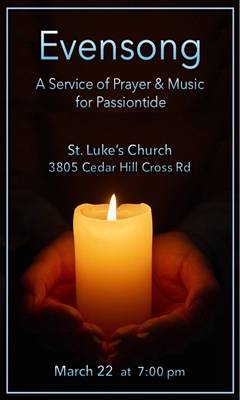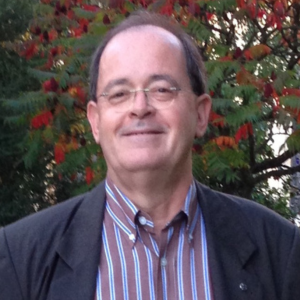The John Albert Hall Lectures reach new audiences online
The story in last month’s Post about a generous bequest to the Lay Training Funds, administered by the diocesan Educational Trusts Board (ETB), prompted several people to ask, “What are these funds and this board all about, anyway?” Clearly the ETB, if not exactly a well-kept secret, has been flying somewhat under the radar, so over the next several editions, we’re going to do what we can to make it more widely known among Anglicans on these islands and inlets. This month and next, we’ll focus on one particular aspect of the board’s work: the John Albert Hall Lectures, a joint initiative of the Centre for Studies in Religion and Society at the University of Victoria and the Anglican Diocese of British Columbia.
It’s a timely subject, because the lectures are currently in the midst of a major six-part series entitled “Values for a New World.” So much is changing in our world right now – from the pandemic through systemic racism and socio-economic inequality to environmental collapse – that many people are saying we need fundamentally new and different shared values and assumptions to face the future. If that’s true, what might those values be, and how do we go about articulating them? What role, if any, can religion play in helping to inform this conversation?
Big questions! And thanks to one of those so-called “pandemic silver linings,” while the lecture series couldn’t function in the usual way, by bringing a scholar or two to Victoria to address these questions, we were able instead, due to digital technology and reallocation of funds, to recruit half a dozen world-class thinkers from our own community and around the world, to speak on various aspects of this vast topic.
We began in December, with Victoria-based, two-time Giller Prize-winning novelist Esi Edugyan, in conversation with poet, essayist and UVic professor Tim Lilburn, on the role of the writer in a time of great change. In January, Yale University theologian Miroslav Volf gave a thought-provoking and inspiring reflection on the challenges and rewards of being “at home in the world.” Just as this online issue of the Post is appearing, we are preparing to welcome the distinguished MIT linguist, philosopher and political activist Noam Chomsky, speaking on a “Confluence of Challenges: The Fate of the Human Experiment” (Tuesday, February 2 at 11:00 am PST).
Future installments in the series will feature Thomas Homer-Dixon, founder and director of the Cascade Institute at Royal Roads University, talking about the importance of hope (Tuesday, February 23 at 5:00 pm PST) and Linda Woodhead, distinguished professor of politics, philosophy and religion at Lancaster University in England, whose thesis is that “values are the new religion” (Thursday, March 4 at 5:00 pm PST). On March 16 at 11:00 am PST, all the speakers will come together for what promises to be a wide-ranging and stimulating closing panel discussion.
All these events take place online as Zoom webinars, and include an opportunity for attendees to pose questions to the lecturers. Advance registration is free, and required. The sessions are also recorded and made available for later viewing. To watch past programs, or register for future ones, visit: www.uvic.ca/research/centres/csrs/events/john-albert-hall/index.php.
One happy result of the online format is that these enriching experiences are being seen and heard by many more people, from much farther afield, than could ever attend in person. (We’ve made provision for up to a thousand people to attend Noam Chomsky’s presentation.) As the John Albert Hall “brand” reaches new audiences within and beyond the diocese during this unique time, we look forward to it going on from strength to strength.
Next month: more about the historical background to the series.




